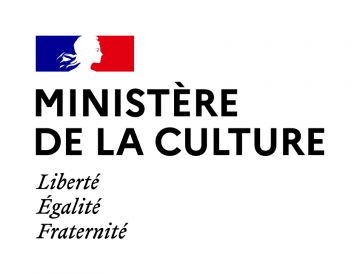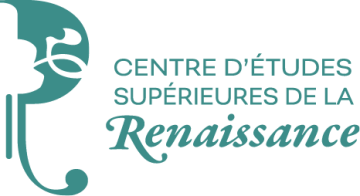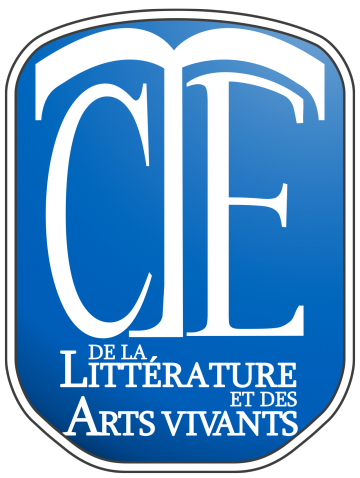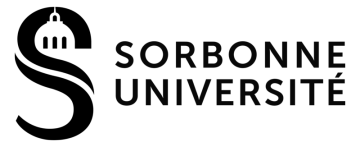Program
11am — 11:30am
Welcome
11:30am — 1pm
SPEAKERS
- Emanuele De Luca (Université Côte d'Azur)
Bénédicte Louvat (Sorbonne Université)
Barbara Nestola (CESR-CMBV)
Présentation du séminaire ThéPARis-France
MODERATOR
Mathilde Bombart (Lyon 2 University, IHRIM)
SPEAKERS
- Edwige Keller-Rahbé (Lyon 2 University, IHRIM)
Caroline Mogenet (Doctorante, Paris-Saclay University)
Le Théâtre à Lyon au XVIIe siècle : état des connaissances
2:30pm — 6pm
MODERATOR
Thomas Soury (Lyon 2 University, IHRIM)
SPEAKERS
- Renzo Guardenti (Università di Firenze)
La Circulation des troupes italiennes en province entre XVIIe et XVIIIe siècle et La Vengeance de Colombine de Nicolas Barbier - Natasha Roule (Independant researcher)
La Chute de Phaéton de Marc-Antoine Legrand et la réception de l’opéra à Lyon après la mort de Lully - Edwige Keller-Rahbé (Lyon 2 University, IHRIM)
Françoise Pascal (1632-apr. 1698), Fille Lyonnoise : de l’« honnête bas-bleu très provincial » à la modernité d’une provinciale
The cross-discipline ThéPARis research seminar run by the CMBV in association with Côte d’Azur university and the Sorbonne now expands the focus of research to include the French provinces.
Following three ThéPARis seminars (2019-2022) which explored the movements and shared practices between Paris theatres, this latest research seminar expands the scope of research to the whole of France. It will further explore the movement of people, ideas and practices in an effort to understand the relationship between French theatres at various geographical levels – first, the links between Paris and the French provinces and the dynamic forces operating in both directions; the dynamics existing between theatres and troupes in the same town; and finally, relations between theatres in different towns and regions. The biggest challenge of this research lies in their repertoires, as much less is known about them compared with Paris theatres. It will require painstaking research into primary sources (scripts, scores, iconography, etc.). Another key issue is to identify the authors, players and theatre crews, to see how they circulated and how their careers evolved.

























